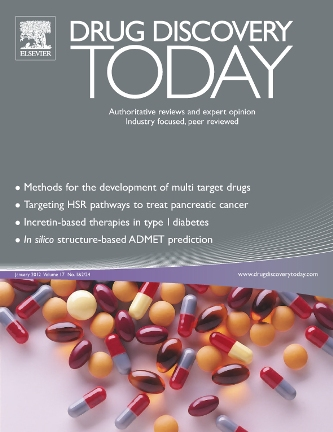应对罕见病药物开发中的全球监管挑战。
IF 7.5
2区 医学
Q1 PHARMACOLOGY & PHARMACY
引用次数: 0
摘要
尽管罕见病的治疗取得了进展,但许多疾病仍然缺乏治疗选择。除了促进研究和投资的具体立法外,监管机构还支持与利益攸关方进行早期对话,优化流程并加快批准罕见病等医疗需求未得到满足的领域的药物。然而,一些挑战仍然存在,特别是在产生强有力的证据方面。引入的灵活性必须与不确定性管理相平衡。我们的分析确定了几个优先事项:建立共同的全球监管语言;识别和验证代理端点;让患者参与确定有意义的结果;利用数字医疗技术和分散的临床试验。这些工具为改善证据的产生和获取提供了机会,在传统方法可能受到限制或不可行的情况下,支持更有效和更具包容性的发展进程。本文章由计算机程序翻译,如有差异,请以英文原文为准。
Addressing global regulatory challenges in rare disease drug development
Despite progress in rare disease treatment, many conditions still lack therapeutic options. In addition to specific legislation promoting research and investment, regulators have supported early dialogs with stakeholders, optimized processes and expedited the approval of medicines in areas with unmet medical needs, such as rare diseases. However, several challenges persist, particularly in generating robust evidence. The introduced flexibility must be balanced with uncertainty management. Our analysis identifies several priorities: establishing a common global regulatory language; recognizing and validating surrogate endpoints; involving patients in defining meaningful outcomes; and leveraging digital health technologies and decentralized clinical trials. These tools offer opportunities to improve evidence generation and access, supporting more efficient and inclusive development processes where traditional approaches can be limited or unfeasible.
求助全文
通过发布文献求助,成功后即可免费获取论文全文。
去求助
来源期刊

Drug Discovery Today
医学-药学
CiteScore
14.80
自引率
2.70%
发文量
293
审稿时长
6 months
期刊介绍:
Drug Discovery Today delivers informed and highly current reviews for the discovery community. The magazine addresses not only the rapid scientific developments in drug discovery associated technologies but also the management, commercial and regulatory issues that increasingly play a part in how R&D is planned, structured and executed.
Features include comment by international experts, news and analysis of important developments, reviews of key scientific and strategic issues, overviews of recent progress in specific therapeutic areas and conference reports.
 求助内容:
求助内容: 应助结果提醒方式:
应助结果提醒方式:


